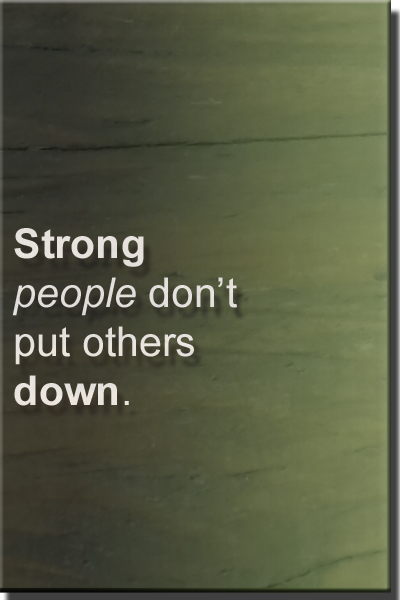Why do some have a general dislike of people?
What are some of the psychological reasons why some individuals develop a general dislike or distrust of people?
A general dislike for people, sometimes called misanthropy, can stem from various psychological causes. These often intertwine with personal experiences, cognitive patterns, and emotional responses. Here are the main factors, based on psychological research and understandings.
Negative Social Experiences: Repeated negative interactions, such as betrayal, bullying, or rejection, can lead to a distrust of others. Over time, someone might generalize these experiences, assuming most people are untrustworthy or harmful.
Social Anxiety or Overwhelmed: People with social anxiety may feel overwhelmed in social settings, leading to avoidance or discomfort around others. This can manifest as a dislike for people, when it’s more about fear of judgment or overstimulation.
Attachment Issues: Early life experiences, like insecure attachment styles (e.g., avoidant or dismissive), can make forming connections difficult. Those with such patterns may push people away or view relationships as inherently risky, fostering a dislike for social engagement.
Cognitive Biases: Negative cognitive biases, like the negativity bias (focusing on bad experiences over good ones) or overgeneralization, can distort perceptions of others. Someone might assume all people are selfish or deceitful based on a few bad encounters.
Personality Traits or Disorders
Certain personality traits or disorders can contribute. For example:
Schizoid Personality Disorder: A preference for solitude and emotional detachment.
Paranoid Personality Disorder: Chronic suspicion of others’ motives.
High levels of introversion or traits like low agreeableness (from the Big Five personality model) can also make someone less inclined to enjoy others’ company. Those high in neuroticism are more likely to take things personally, be more irritable, and generally suffer with more negative emotions.
Depression or Emotional Pain: Depression can skew perceptions, making social interactions feel draining or pointless. Someone in emotional pain might withdraw and develop a cynical view of people as a defence mechanism.
Trauma or PTSD: Past trauma, especially interpersonal trauma (e.g., abuse), can lead to hypervigilance or avoidance of people to protect oneself from further harm.
Low Self-Esteem or Insecurity: Feeling inferior or fearing rejection can cause someone to pre-emptively distance themselves from others, masking insecurity as dislike.
Cultural or Environmental Influences: Growing up in an environment that emphasizes mistrust (e.g., highly competitive settings or dysfunctional families) can shape a worldview where people are seen as threats.
Burnout or Overexposure: Constant social demands, especially in high-stress jobs or crowded settings, can lead to social overload, making people feel aversive toward others as a form of self-preservation.






